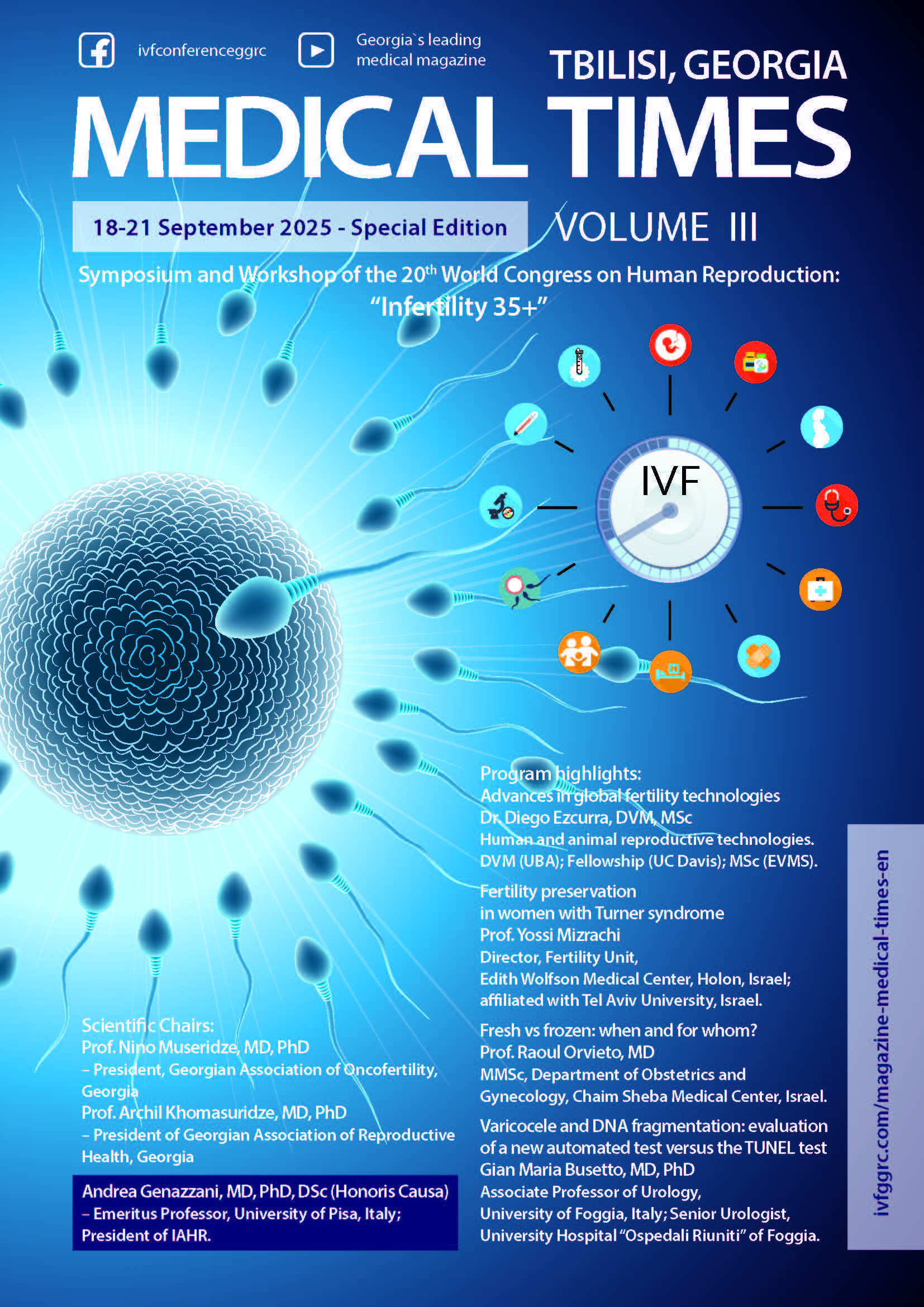Comprehensive Ai-Based System for KPI Assessment in IVF Laboratories: Development and Implementation
DOI:
https://doi.org/10.71419/mtggrc.2024.19Keywords:
in vitro fertilization, quality assurance, artificial intelligence, deep neural networks, key performance indicators, clinical pregnancy prediction, predictive modelingAbstract
Background: In vitro fertilization (IVF) success heavily relies on laboratory Key Performance Indicator (KPI) evaluation systems, but traditional analytical methods often fail to provide deep, actionable insights into KPI establishment and measurement.
Objective: This study aimed to develop a comprehensive AI-based KPI evaluation system for IVF laboratories, focusing on a novel Deep Neural Network (DNN) model for predicting clinical pregnancy rates (CPR).
Materials and Methods: We analyzed 3,888 IVF treatment protocols, utilizing consensus KPIs from guidelines, various analytical methods, such as descriptive statistics, time series analysis, machine learning algorithms, and a custom-developed DNN model.
Results: The DNN model demonstrated a high level of accuracy, with an AUC of 0.79 and a PRC of 0.69 in predicting CPR. Importantly, there was no significant difference (p < 0.05) between predicted and actual CPR, reaffirming the model’s reliability. The model’s performance was on par with PGT-A-tested embryo transfers and other commercial AI solutions in IVF, including time-laps systems. External validation in independent clinics yielded an AUC of 0.73, consistent with cross-validation reports from multiple clinics. The application of the DNN model in 4 clinics for quality assurance identified variations in individual staff performance, enabling targeted mentoring and quality improvement, further reinforcing the system’s reliability and reproducibility.
Conclusion: The developed AI-based KPI assessment system is a significant leap forward for IVF analytics. It provides a comprehensive, accurate, and reproducible tool for internal quality assurance, external clinic audits, and individual staff competency assessment. By shifting the focus from traditional embryo selection to a deeper understanding of parameters influencing successful IVF outcomes, it opens the door to more personalized and effective infertility treatments, offering hope for the future of IVF.
Downloads
Published
Issue
Section
License
Copyright (c) 2024 Sergei Sergeev, Iullia Diakova, Lasha Nadirashvili (Author)

This work is licensed under a Creative Commons Attribution 4.0 International License.
In case an article is accepted for publication it is allowed to combine the article with other research, to conduct new research on the article, or to make different arrangements on condition that the same license is used including commercial purposes.
As an author of an article published in the Medical Times, you retain the copyright of your article and you are free to reproduce and disseminate your work.














